Search
Search Results

Definition
English Civil Wars
The English Civil Wars (1642-1651) witnessed a bitter conflict between Royalists ('Cavaliers') and Parliamentarians ('Roundheads'). The Royalists supported first King Charles I of England (r. 1625-1649) and then his son Charles II, while...

Definition
Civil Constitution of the Clergy
The Civil Constitution of the Clergy was a law passed in July 1790 during the French Revolution (1789-1799), which caused the immediate subordination of the Catholic Church in France to the French government. An attempt to modernize the Church...
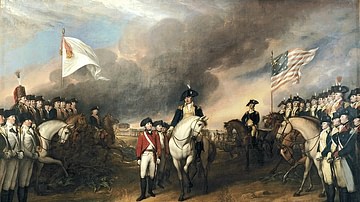
Definition
American Revolutionary War
The American Revolutionary War (1775-1783), or the American War of Independence, was a conflict between Great Britain and its 13 North American colonies, who declared independence as the United States of America. Initially a rebellion within...

Article
The Propaganda of Octavian and Mark Antony's Civil War
Propaganda played an important role in Octavian (l. 63 BCE - 14 CE) and Mark Antony's (l. 83 – 30 BCE) civil war, and once victorious at the Battle of Actium (31 BCE), Octavian returned home to become the first Roman emperor. The decade preceding...
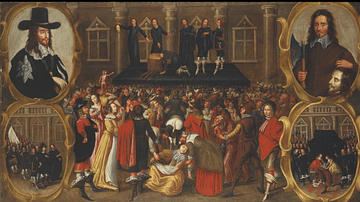
Article
Consequences of the English Civil Wars
The impact and consequences of the English Civil Wars (1642-1651) were many and far-reaching. Charles I of England (r. 1625-1649) was executed, and the monarchy was abolished. Oliver Cromwell (1599-1658) then headed the Republic as the Lord...
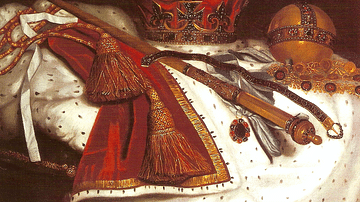
Article
Causes of the English Civil Wars
The English Civil Wars (1642-1651) were caused by a monumental clash of ideas between King Charles I of England (r. 1625-1649) and his parliament. Arguments over the powers of the monarchy, finances, questions of religious practices and toleration...
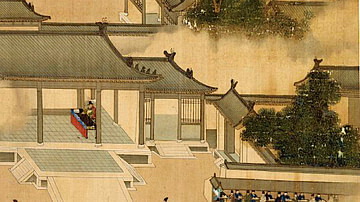
Article
The Civil Service Examinations of Imperial China
The civil service examinations of Imperial China allowed the state to find the best candidates to staff the vast bureaucracy that governed China from the Han Dynasty onwards (206 BCE - 220 CE). The exams were a means for a young male of any...
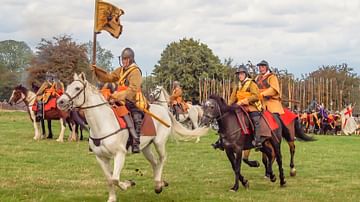
Article
Cavalry in the English Civil Wars
Cavalry regiments were an essential component of both Royalist and Parliamentarian field armies during the English Civil Wars (1642-1651). Armed with a sword, carbine, and a brace of pistols, cavalry riders evolved to become fast, lightly-armoured...
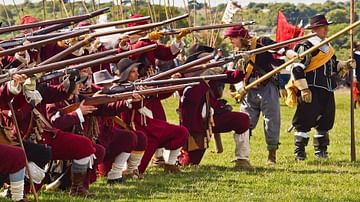
Article
Musketeers in the English Civil Wars
Musketeers played a vital role in the battles and sieges of the English Civil Wars (1642-1651). As the war dragged on, weapons became lighter and more accurate, and the musketeers became more capable of effective battlefield manoeuvres. Volley-fire...
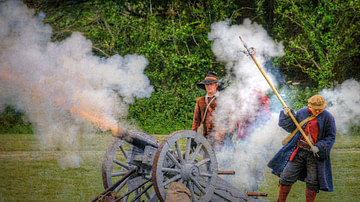
Article
Artillery in the English Civil Wars
During the English Civil Wars (1642-1651) artillery was an important if still developing feature of warfare. Both Royalist and Parliamentarian armies had large artillery units, which were used in battles and sieges throughout the conflict...